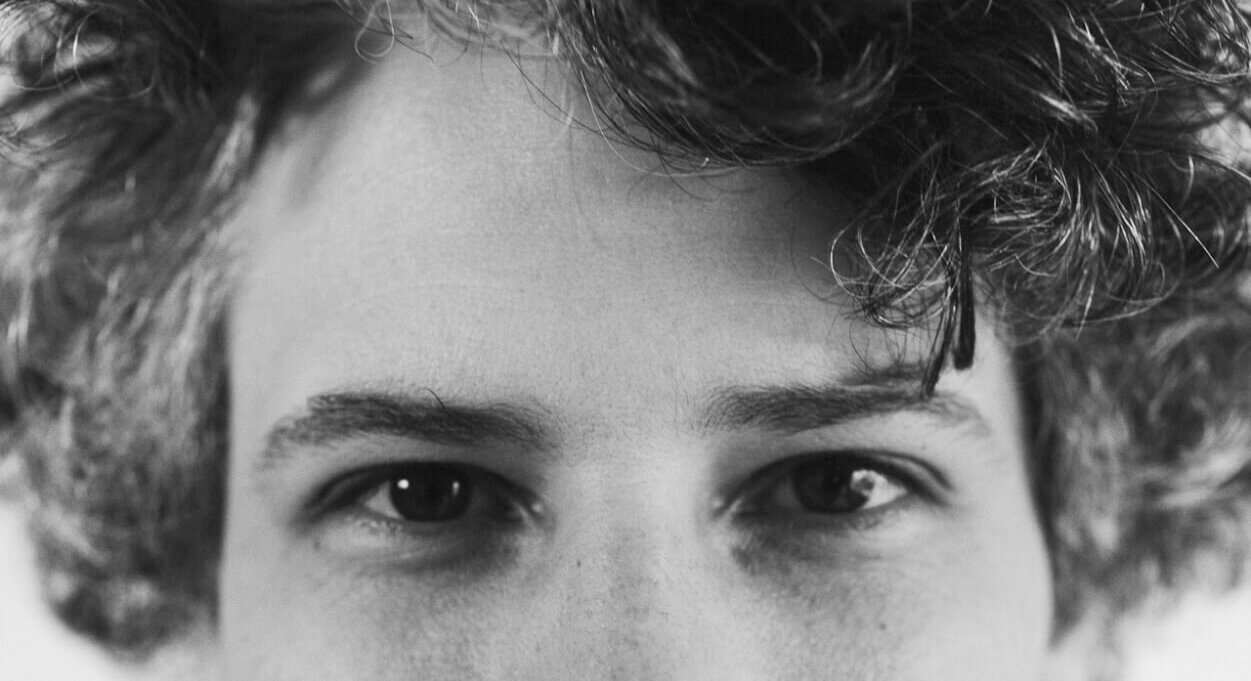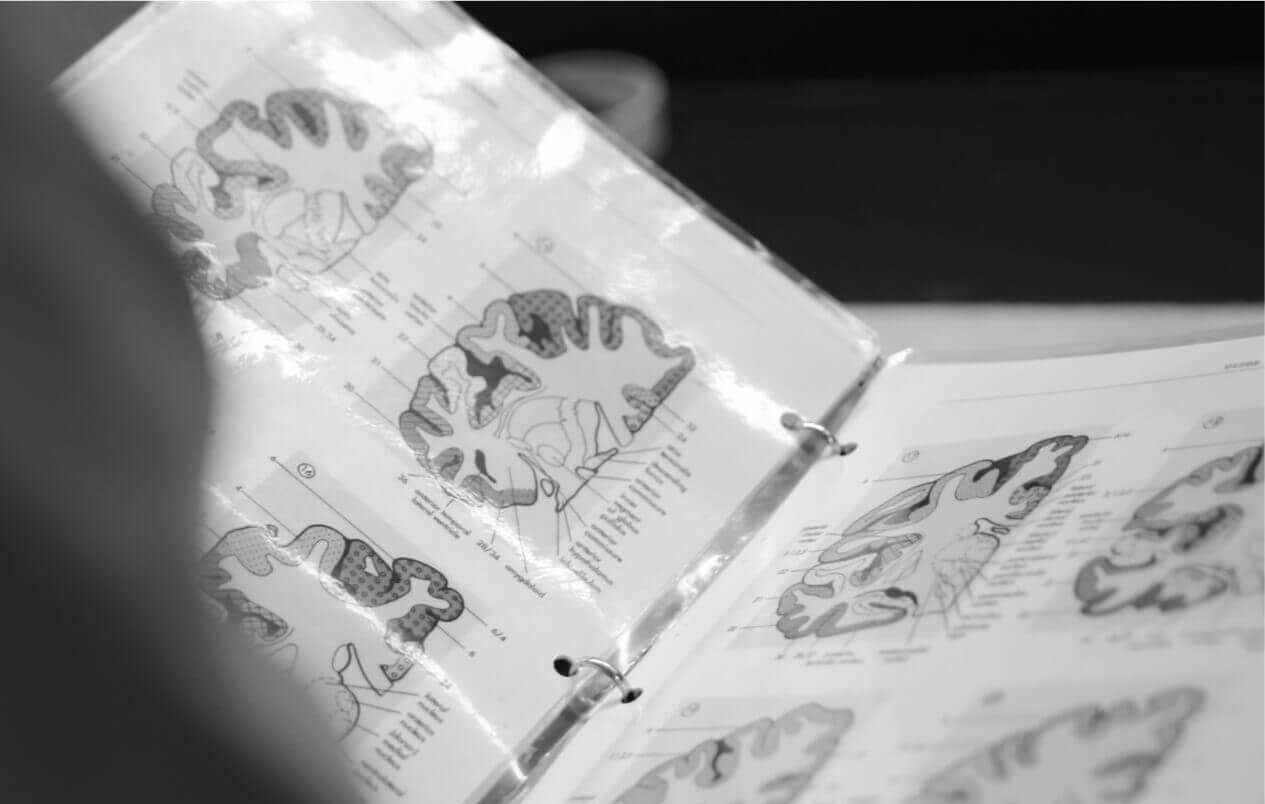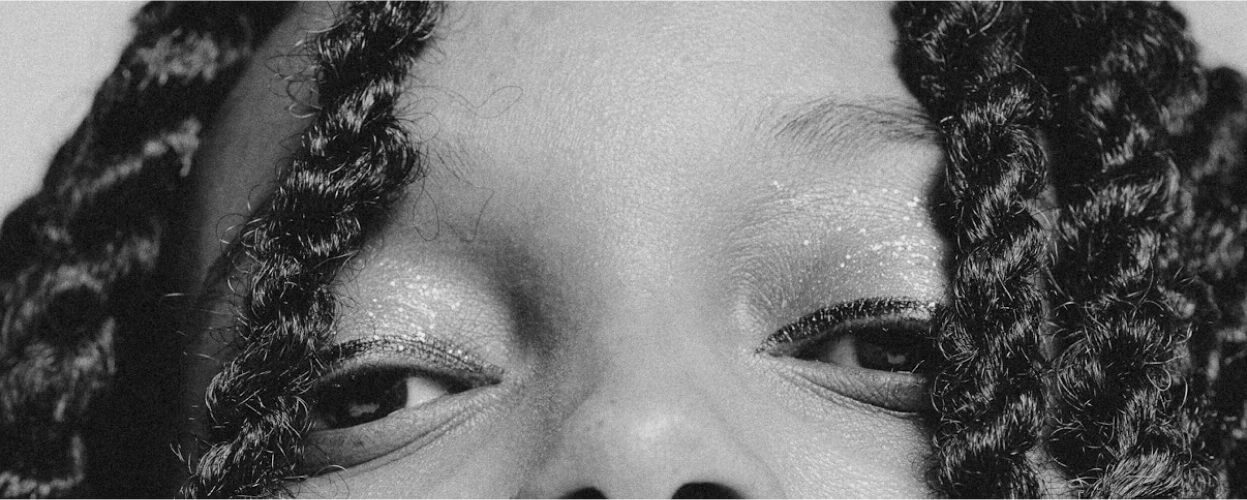Managing brain donation plans over time
Over the years we’ve learned a few things from our friends who work directly with future brain donors and their families. They’re the coordinators at the brain banks of the NeuroBioBank, the only ones we support. As we send more and more potential donors their way, we’d like to help make donation go smoothly for everyone. There are certain things those who’ve already registered can do to make sure everything is in place when the time comes. Here are some tips:
- The most important step once you’ve registered with a brain bank is to talk to your family and their important role in your plans. Remember: there is no national list of future brain donors, so your donation depends entirely on someone knowing the 24/7 phone number and notifying the brain bank of your passing as soon as possible.
- Consider naming a Medical Power of Attorney (MPOA) and an executor of your estate. A MPOA can make decisions and request medical records should you be unable, for as long as you’re alive. Some brain banks require certain medical records in advance of death, and an MPOA can be helpful in obtaining them. Once you’ve passed, your MPOA is no longer valid. Instead, the executor or trustee of your estate will need to help obtain any additional medical records required by the brain banks.
- Know which family member is your (or the donor’s) legal next-of-kin, generally defined as the closest living blood relative, including spouses and adopted children. This person may need to provide final consent to the brain bank for the donation to take place. You’ll want to make sure this person is available and willing to provide such consent when the time comes.
- Assign someone to notify the brain bank when death seems near. Doctors, nurses, hospice workers or other medical professionals involved can often alert family as things progress. It is very helpful to the brain bank to know a bit in advance so preparations can be in place for the donation.
- Keep the brain bank informed of any changes in contact information (including next-of-kin) or additional medical diagnoses/procedures that could impact brain donation. This will save valuable time later.
- For any questions that arise concerning the potential donor’s circumstances that could affect his or her ability to be a brain donor, don’t hesitate to contact the brain bank.
This gift will have an impact on future generations to come. We are grateful for your contribution to science.



